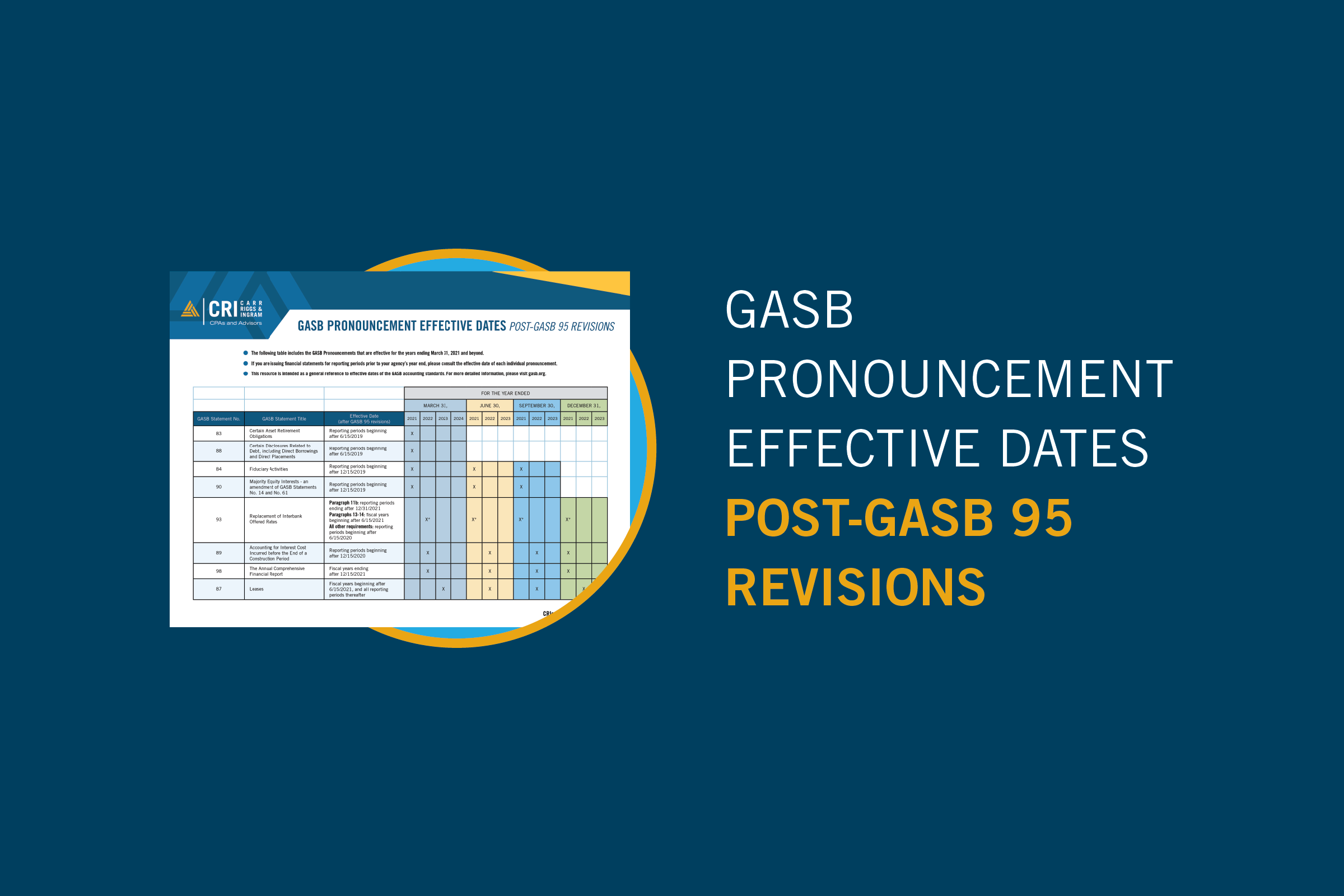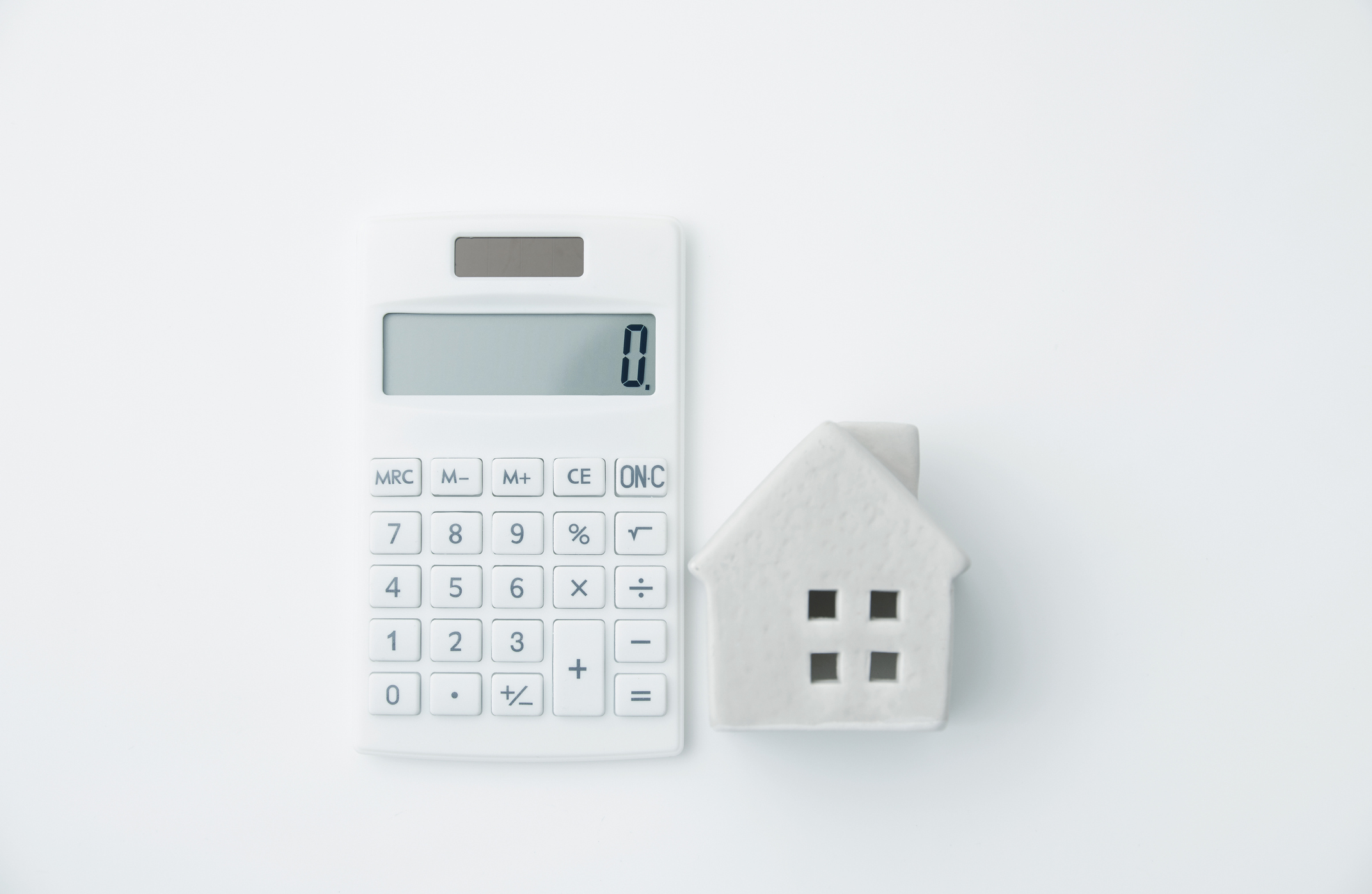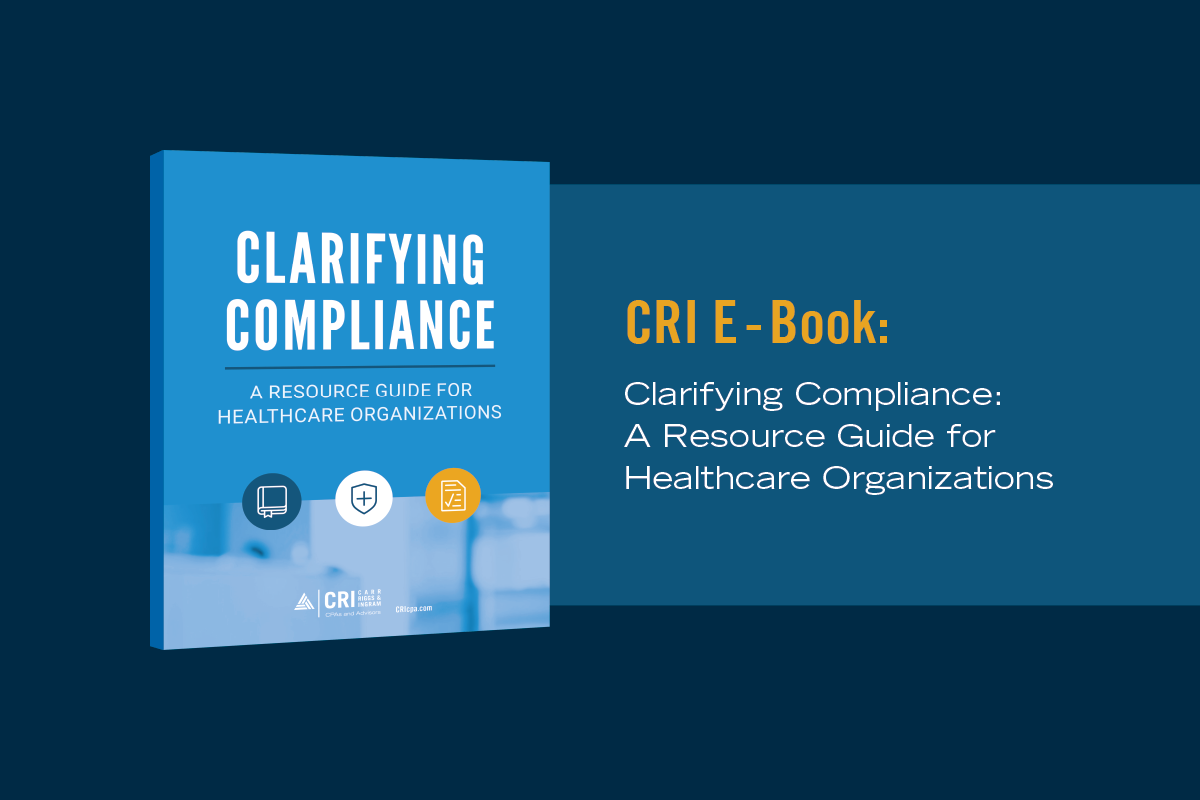Getting the Most Out of Your Remote Audit
- Contributors
- David Mills
- Jon Heath
Jan 11, 2022
Communicating in a remote environment is something that most of us have had to adapt to over the past couple of years. Doing business remotely was once just a nice option, but the COVID-19 pandemic made remote work the de facto option much of the time, driving changes in necessary procedures such as audits. Remote audits went from a novelty to a common practice that is here to stay.
That’s good news for many reasons. For example, conducting audits virtually can actually enhance communication by giving your team more face time with the entire audit team. Travel time and the associated expenses are reduced or eliminated as well. Your audit team, working from their regular or home office with all its familiar tools and creature comforts, can achieve peak performance and spend more of the engagement focused on your audit. Together, these benefits often add up to more efficient, secure, and cost-effective audits.
To get the most out of your remote audit experience, consider the following tips for each stage of the process.
Planning
Preparation is key for any audit, whether remote or on-site. During your kickoff call, the audit team will go through the list of items they need from you, often called the prepared-by-client (PBC) list. Pay very close attention and ask about any requests that you don’t understand or items you may not be able to provide. Completing the PBC list quickly and completely will allow your audit to proceed smoothly.
And just as in a traditional audit, it’s important to communicate that the audit is a top priority. Make sure everyone who will be responsible for fulfilling requests understands what the auditors need and is available during the week of the audit — at least by phone, if not video call. Also convey that they should communicate early and often about any potential delays in providing requested items.
If inventory carries a significant balance in your financial statements, you and the auditors will need to determine how to conduct the inventory observation. This element of the audit can require innovative strategies to allow adequate observation. Everyone who will be involved in the observation should evaluate and approve the chosen method. For example, if the inventory observation will take place via video call, do a test run to make sure all warehouses and other inventory sites get a reliable cell or Wi-Fi signal.
Fieldwork
Review the PBC list and make sure to fulfill all preliminary requests in the format the auditors specify, whether by secure email or portal. Be aware that once fieldwork begins, auditors might request additional materials that they haven’t asked for in the past. Try to stay flexible and understand that your auditors are not just trying to create more work for your team. Audit procedures often change from year to year, whether due to updated accounting guidance or changes in your business, or both.
Encourage everyone to ask questions when they arise. Asking questions eliminates some of the assumptions that can cause problems and delays during an audit, especially when the process is a remote one. Sometimes staff don’t want to ask questions, or they hesitate for fear of asking the wrong one. Thinking “I’ll send an email when I have my questions together” is a common pattern, but this approach just holds up the process.
Completion
Finalizing your audit can take a lot of scheduling and planning to tie up the loose ends. Keep all parties aware of the audit status and involve the whole team, top to bottom. Everyone should stay focused and ready to answer the inevitable follow-up questions. Make it clear that it’s not okay to procrastinate or push aside these calls or any details required for wrapping up your audit, even if they seem minor.
When your audit is complete, it’s a good idea to ask the audit team what you can do to improve the process next time. Knowing what to expect and how to prepare is the best way to ensure the audit can unfold smoothly. Auditors may have struggled with delays caused by things you weren’t aware of, but could have prevented.
You can learn more about how remote audits work by contacting your CRI advisor. Or, if you’re familiar with the added efficiency, enhanced security, and other benefits a remote audit can offer, reach out to us today to schedule your next CRI vSTAR remote audit.





















































































































































































































































































































































































































































































































